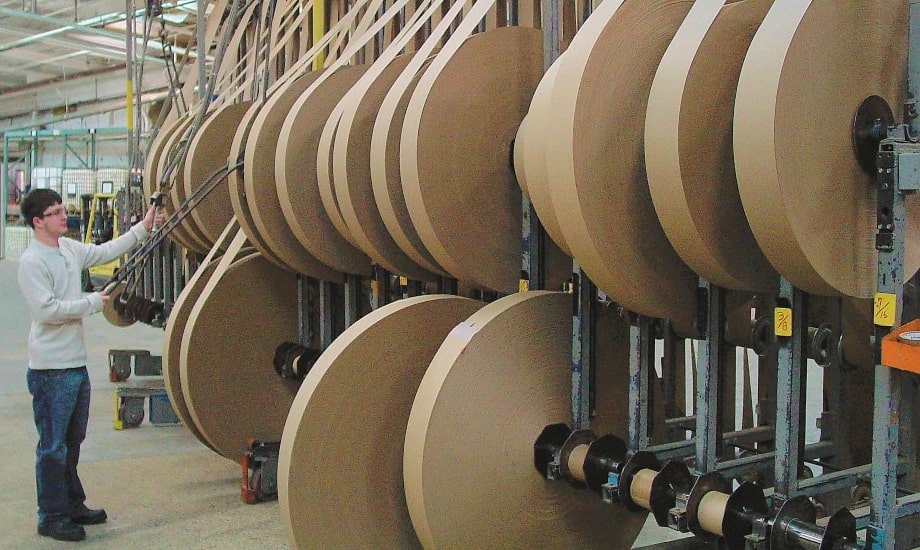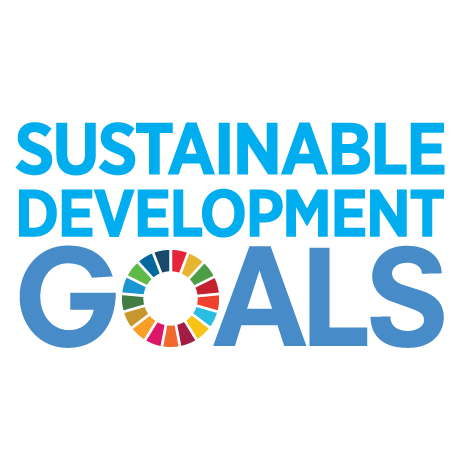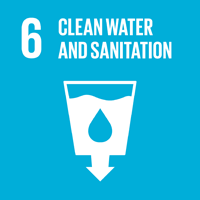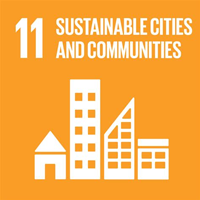Highlights
- Greif has a responsibility to protect water sources for use by future generations—clean and available water is essential to everyone’s wellbeing. This responsibility means treating water discharged from our facilities, ensuring it is safe for both surrounding habitats and the communities we serve.
- Our water management priorities focus on water use reduction in our Paper Packaging and Services (PPS) business and stormwater management in our Global Industrial Packaging (GIP) business.
- Greif is committed to improving our management of water, effluent and energy data by standardizing environmental data dashboards across our mills, which allows us to better identify efficiency opportunities.
- In 2023, water withdrawal declined by 14 percent, and water discharged declined by 9 percent, largely due to the sales or closure of several high water-use mills.
- Greif is investing substantial time and resources into future plans and organizational alignment on improved water management projects.
Why Water Matters
Greif takes a proactive stance in responsibly managing water resources, aiming to mitigate negative impacts associated with water withdrawals, discharges and stormwater runoff. We seek opportunities to contribute to positive outcomes for the environment and for communities with whom we share a water source. Our commitment extends to reducing water usage and elevating water quality across our organization, particularly in water-intensive operations at our mills. In our efforts to enhance water quality, we ensure that water discharged from our facilities undergoes thorough treatment, whether on site or by a trusted third party. This treatment strictly adheres to all relevant regulations, ensuring that the discharged water meets high standards of health and safety for wildlife and the local communities. Recognizing water as a precious resource, Greif pledges to safeguard it for the benefit of future generations.
Governance
Our commitment to global water conservation and efficiency is outlined in our Environmental, Health and Safety (EHS) Policy. Across all Greif facilities, we proactively oversee water usage, enlisting our EHS team to ensure regulatory compliance and implement optimal practices in water treatment and recycling. Within our environmental structure, we maintain a robust compliance management system with dedicated support. Greif champions and empowers local management teams to improve water efficiency, enhance water quality, minimize impact on local water sources and reduce associated costs. Our approach extends to managing water discharge in strict compliance with individually allocated water permits.
The vast majority—approximately 90 percent of our water usage—is consumed at 12 paperboard mills within our PPS business. To prioritize sustainable practices, we emphasize the use of reclaimed water in paper production. Our primary water management efforts are directed toward our PPS mills, where we can have the greatest impact. We reduce water use and recycle water in our mills through various means, including collecting HVAC cooling water and compressor cooling water for reuse at our Riverville mill, installing ultra-low water consumption mechanical seals on process pumps at Massillon and installing effluent treatment plants at multiple mills that not only reduce biochemical oxygen demand but also reduce water consumption overall.
At Greif, we place a strong emphasis on effective stormwater practices within our GIP facilities due to their low water usage. Regular and thorough stormwater sampling and testing are integral to our operations, ensuring strict adherence to safety standards, while identifying continuous improvement opportunities. Our commitment extends to providing comprehensive annual training to all relevant colleagues, instilling a culture of responsible water management throughout our organization. We regularly update our stormwater training, and in 2023, we collaborated with third-party consultants when necessary to advise on stormwater training.
Localized stormwater pollution prevention plans and robust spill prevention controls are in place at key facilities. A comprehensive global contingency plan and emergency procedure are intended to address and mitigate any potential or actual spills. Spills and releases that could impact groundwater—including corresponding corrective actions—are qualitatively tracked in our Compliance Management System. We are currently evaluating potential changes to the system so that we can capture more quantitative information to track trends in incidents over time. Several of our facilities monitor groundwater to detect leakage.
While Greif’s PPS operations face the most substantial water impacts, responsible water management is a priority across all our operations. This is especially crucial in water-stressed regions such as Latin America, Africa and the Middle East. Greif uses World Resources Institute’s Aqueduct analysis and country ranking tools on an ongoing basis to track developments and risks in water-stressed regions where Greif facilities are located. To mitigate negative impacts in these facilities, we reduce excess water pressure, replace faulty valves, promote water recycling, install touchless faucets and harvest rainwater. Greif is committed to ensuring that every facility operates responsibly within its water permits.
Goals, Progress & Performance
2025 Goal:
- Reduce biochemical oxygen demand discharged in kilograms by 10 percent per metric ton of production from Riverville and Massillon mills using a 2014 baseline by the end of FY25.
To date, we have reduced the biochemical oxygen demand by 67 percent from our 2014 target baseline in each facility of 1.40.
Most of our water consumption occurs at our paperboard mills, where we reuse water several times before treatment and discharge. Our mills account for approximately 90 percent of our global water usage.
Greif utilizes key performance indicators to monitor water usage and wastewater treatment. We continuously streamline our environmental data dashboards across our mills, aiming for a more comprehensive understanding and effective management of our water, effluents and energy data. This effort enables us to consistently discover and leverage water efficiency opportunities.
In 2022, we utilized a third-party consultant to assess the water usage at our paperboard mills. This comprehensive study developed water models for each of our mills, unveiling new opportunities for minimizing water consumption. In 2023, we identified three projects with specific actionable items to reduce water use at our mills, and they are currently being evaluated for implementation over the next two years.
Practicing Circular Economy
At Greif’s Austell mill in Georgia, we began a wastewater residuals dewatering project to turn waste into biofuel. The circular economy practice sweeps thickened solids from a floating sediment blanket on to a dewatering press. The flowable solids are dehydrated until they can be transported to a location to air dry, mixed with other materials, and consumed as a supplemental boiler fuel. This process not only allows materials to be repurposed to gain the most benefit from start to finish, but it also saves the facility landfill disposal fees.
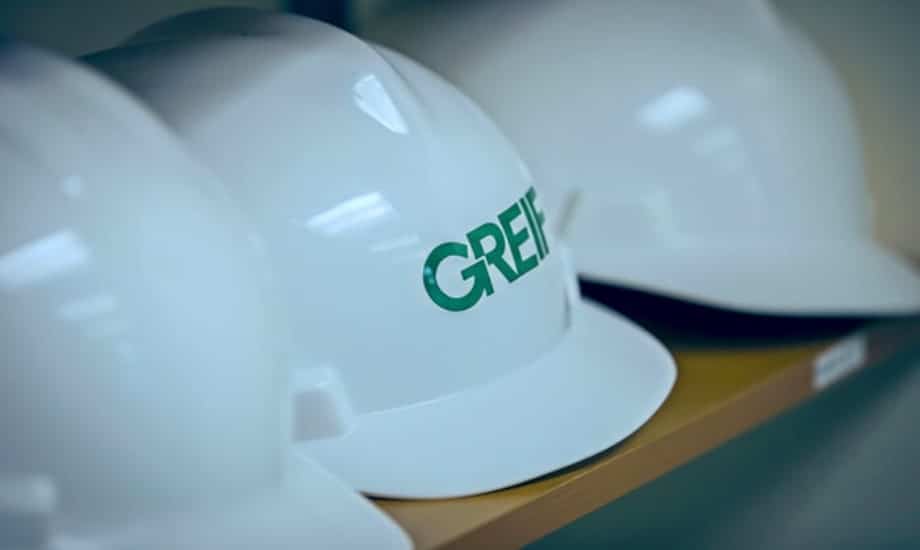
Water Reduction at Our Florence, Kentucky Mill
In late 2019, Greif’s Florence, Kentucky facility installed a wastewater treatment facility to reduce our hazardous waste load and recycle water back to the city. The process works by introducing water into the system, removing close to 100% of the pollutants from the paint process and sends the cleaned water to the local treatment plant. The water is then recycled by the treatment plant for redistribution to the community. The material leftover from the process is disposed via trash instead of hazardous waste. As the equipment came fully online in mid-2020, the process has not only significantly lowered hazardous waste generated by the facility, but also reduced the cost of waste by $40,000 a month.
